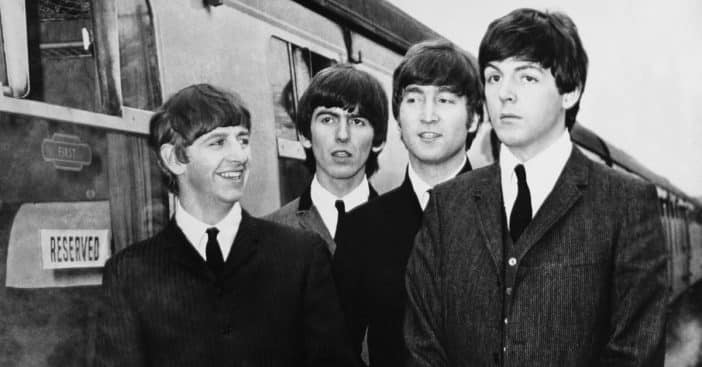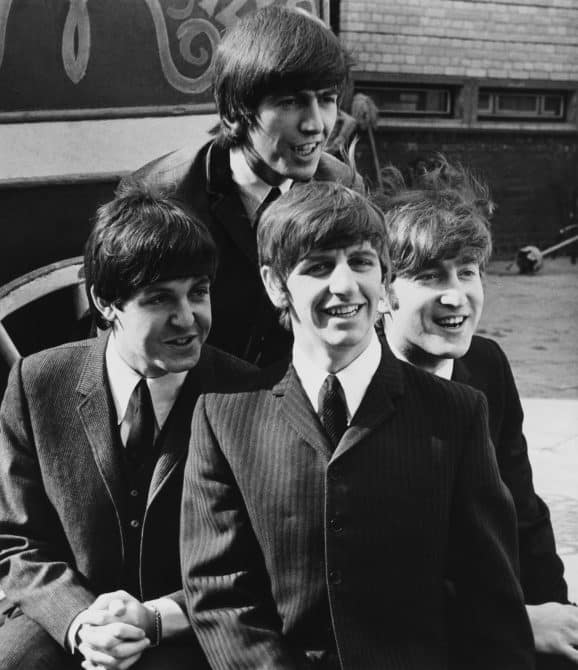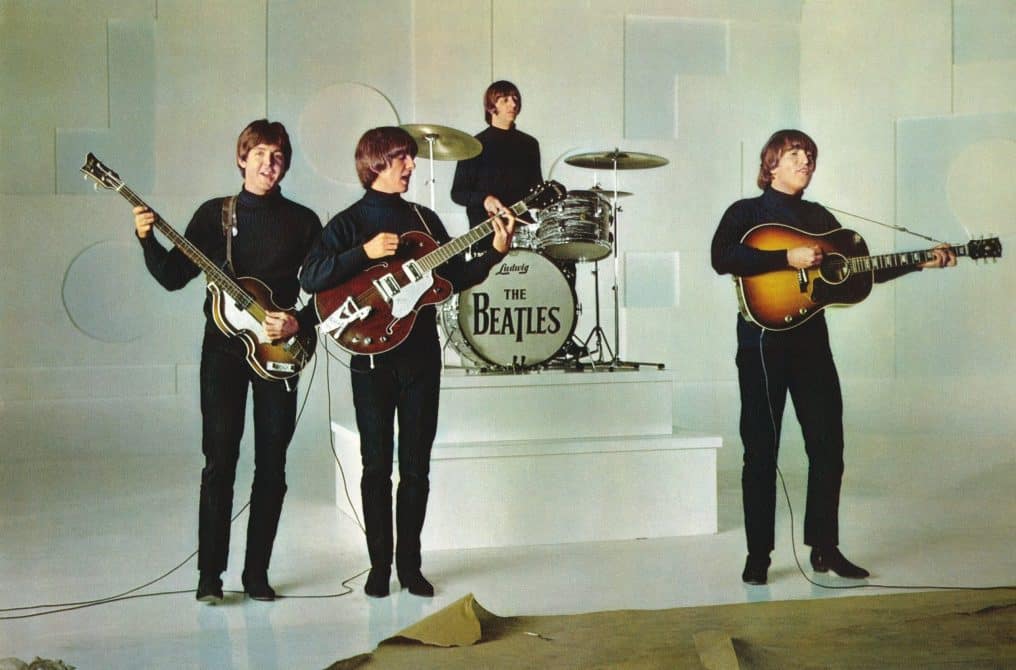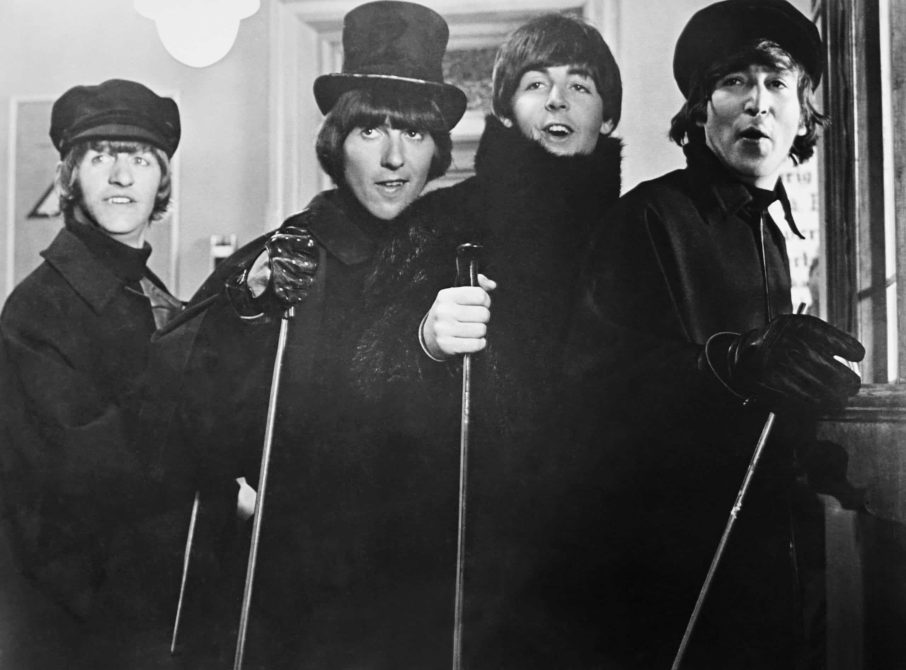
More than five decades after The Beatles created their last song, the surviving members of the Fab Four have now released the much-anticipated track in collaboration with other contributors, including Peter Jackson as video director.
“Now and Then” was originally written and performed by the late John Lennon as a demo in his New York City home, but he never lived to finish it; therefore, Ringo Starr and Paul McCartney recently took it up and completed their late friend’s work using AI.
AI helped bring the song to life

His widow, Yoko Ono, gifted Paul and Ringo John’s demo, from which, in 2022, they were able to isolate his voice from the piano he was playing by using machine-assisted learning. The song was one they actually worked on in the 1990s while making their Anthology project, during which they turned the Lennon demos “Free as a Bird” and “Real Love” into singles. Work began on “Now and Then,” but the sound quality just wasn’t there, so they abandoned it, although George had provided some guitar playing for the track at the time.
RELATED: Peter Jackson Speaks On His Music Video Directorial Debut For The Final Beatles Song
It was not until recently that a production team took on the challenge of resurrecting John’s voice from the original 1978 cassette while Paul and Ringo added string arrangements and George’s original contribution. “There it was, John’s voice, crystal clear,” Paul said in the announcement.

Paul says the song is emotional
In the announcement post on the band’s website, Paul expressed some nostalgia about hearing John’s voice in sync with theirs again. “It’s quite emotional. And we all play on it, it’s a genuine Beatles recording,” he said. “It was the closest we’ll ever come to having him back in the room, so it was very emotional for all of us. It was like John was there, you know. It’s far out.”

The song “Now And Then” is described as a “deceptively hopeful paean about love and our inherent despair over the possibility of losing it.” Salon’s Beatles expert and contributor, Kenneth Womack, also wrote that it is a “simply breathtaking, a plaintive reminder of the majesty of The Beatles’ narrative itself, as well as our sense of irreparable loss over Lennon and Harrison’s absence from the story.”
